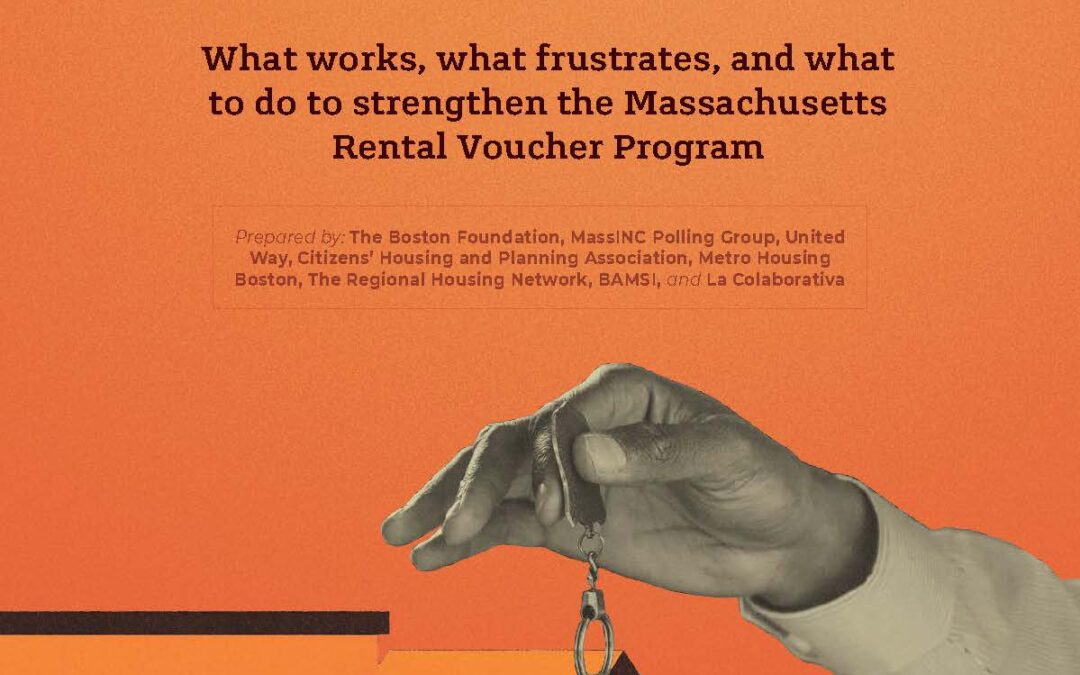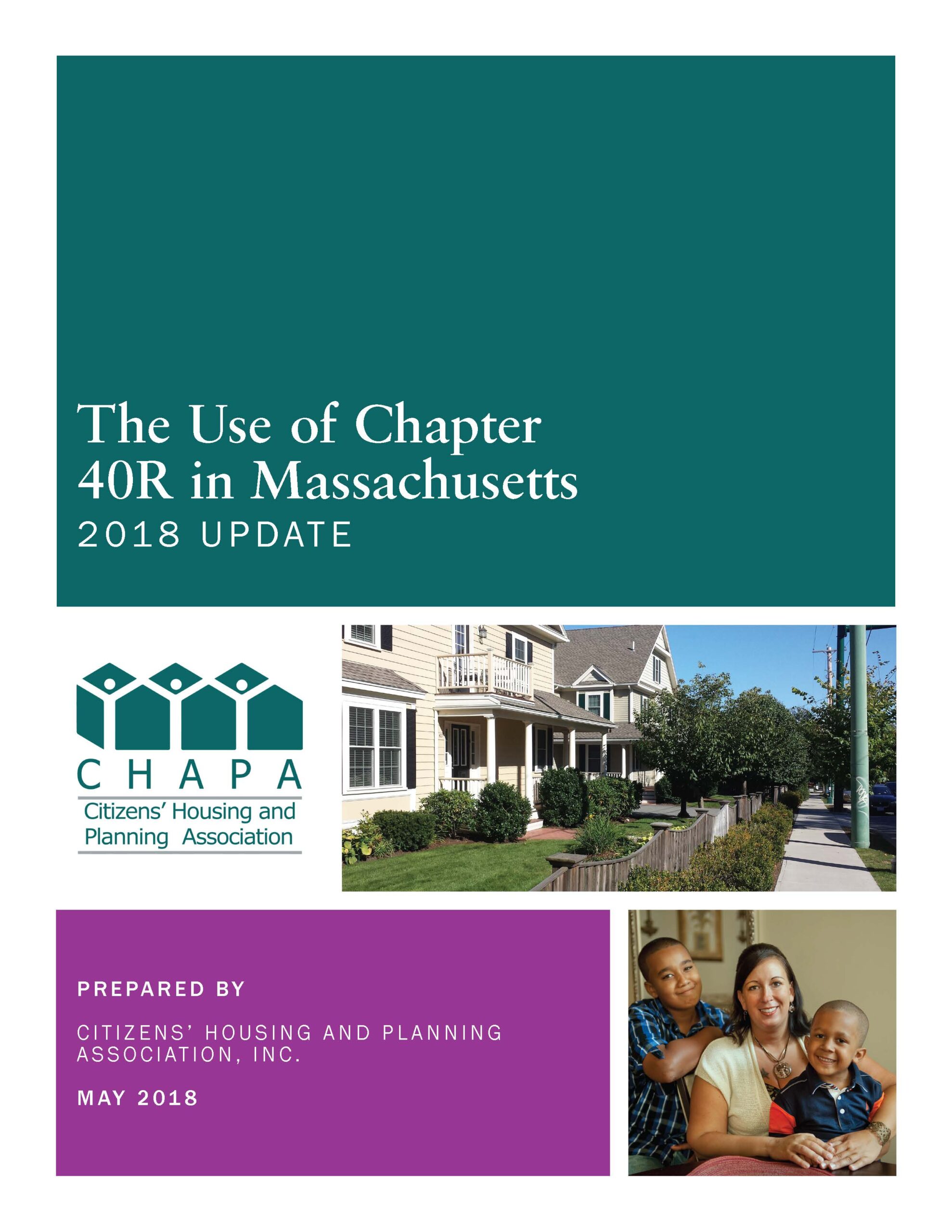
by Jenna Connolly | Jul 7, 2025 | Featured News, Housing News
On June 30th, Citizens’ Housing and Planning Association (CHAPA) added Jacob Love to their growing team as general counsel for policy. In this new role, Jacob will work with CHAPA’s policy team to shape and implement CHAPA’s policy agenda, advise on legislative initiatives, draft and analyze legislation and amicus briefs, and represent the organization in high-impact advocacy efforts. Jacob’s work as general counsel for policy will complement the ongoing work of CHAPA’s current policy team, including director of state and federal advocacy, Matt Noyes, and senior policy associate, Jordan Stocker.
“I am thrilled to be joining CHAPA at this pivotal moment in the fight for housing justice,” said Love on this new role. “From expanding inclusionary zoning, to spurring housing production, it will be no small task to forge a Massachusetts that is truly fair and affordable for everyone. But I am ready for the challenge, and excited to tackle it alongside CHAPA’s already formidable team.”
Jacob draws on a wealth of experience from his five-plus years as a fair housing attorney. He cut his teeth at the Legal Aid Society in New York City, where he represented low-income tenant associations seeking improved housing conditions and worked with community groups to preserve affordable housing. More recently, Jacob spent three years at Lawyers for Civil Rights (LCR) in Boston, building and litigating impact cases to combat housing discrimination and reduce housing costs. His efforts at LCR earned him the Boston Bar Association’s “President’s Award” in 2023.
Jacob received his J.D., magna cum laude and Order of the Coif, from Boston College Law School and holds a B.A. in political science from the College of the Holy Cross. Immediately after law school, Jacob also served as a judicial law clerk to the Hon. Eric Neyman of the Massachusetts Appeals Court and the Hon. George Z. Singal of the U.S. District Court for the District of Maine.

by Jenna Connolly | Jul 6, 2025 | Press
Since May, I’ve talked to over 30 Massachusetts housing experts from multiple sectors –advocates, developers, funders, regulators – with another dozen local and national interviews scheduled for my summer calendar. These interviews have surfaced three areas of “yes,” where CHAPA’s new Housing Policy Action Center can add value.
by Jenna Connolly | Mar 20, 2025 | Housing News
Last summer, CHAPA announced the Musicant Cohen Family Fund’s generous $1 million gift to launch the new CHAPA Housing Policy Action Center. Today, we’re pleased to name Jennifer Gilbert as the first Musicant Cohen Executive Director of the Center.
Jennifer brings more than 25 years of experience in the affordable housing field as a developer, manager, funder, planning board member, grant-maker, and technologist.
“CHAPA’s Housing Policy Action Center will become a critical, permanent part of the housing policy ecosystem and Jennifer is primed to spearhead this effort. Under her leadership, this new research center will build on CHAPA’s long history of affordable housing advocacy to develop the next generation of housing policies that will put Massachusetts on the path to a bright future,” stated Howard Cohen.
From 2018-2025, Jennifer founded and led Housing Navigator Massachusetts, Inc., taking a Tech for Good nonprofit from an idea to a nationally-recognized, free 24/7 affordable housing search tool with 35,000+ users each month.
Before Housing Navigator MA, Jennifer was the Executive Director of the Kuehn Charitable Foundation, launching its practice-based Kuehn Fellows program now in its sixth round with 29 alumni Fellows. She further guided over $3 million in investments in affordable housing and historic preservation. You can find Jennifer’s full bio on CHAPA’s website.
Jennifer’s proven leadership will establish CHAPA’s Housing Policy Action Center as a leading institution bringing research and real-world experience together to advance the future of housing policy in Massachusetts. This research will inform and shape CHAPA’s policy agenda, advancing a thriving Commonwealth where everyone has a safe, healthy, and affordable home in the community they choose.
Please join us in welcoming Jennifer to the CHAPA team and stay tuned for updates on the Center’s work!




